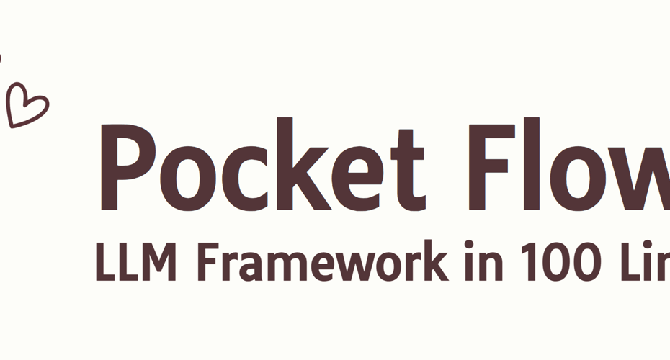Dev
3w
5

Image Credit: Dev
I Built an LLM Framework in just 100 Lines — Here is Why
- The article discusses the creation of Pocket Flow, a minimalist LLM framework developed in just 100 lines of code as a response to the frustration with bloated AI frameworks.
- The author highlights the issues faced with existing frameworks like LangChain, such as bloated abstractions, implementation nightmares, and constant changes in interfaces.
- Pocket Flow focuses on simplifying LLM systems by viewing them as simple directed graphs, providing a framework with zero bloat, dependencies, and vendor lock-in.
- The framework's building blocks include nodes for Prep, Exec, and Post operations, with flow controlling the execution based on conditions.
- Pocket Flow avoids bundling vendor-specific APIs to prevent dependency issues, vendor lock-in, and offers customized control over functions like caching and batching.
- The article describes building a Web Search Agent using Pocket Flow's components like DecideAction, SearchWeb, and AnswerQuestion nodes, showcasing a simple AI agent example.
- Pocket Flow supports various implementations like Multi-Agents, RAG systems, supervisors, and more, promoting a minimalist code approach for building AI applications.
- The concept of Agentic Coding is introduced, where AI assists in software development to enhance productivity by handling technical executions while allowing human focus on design.
- The teaching approach involves using documentation as a second codebase, creating rule files for AI assistants to learn building blocks and generate tailored solutions.
- Pocket Flow emphasizes the importance of simplicity and control in LLM application development and invites developers to join the community for further exploration.
Read Full Article
Like
For uninterrupted reading, download the app